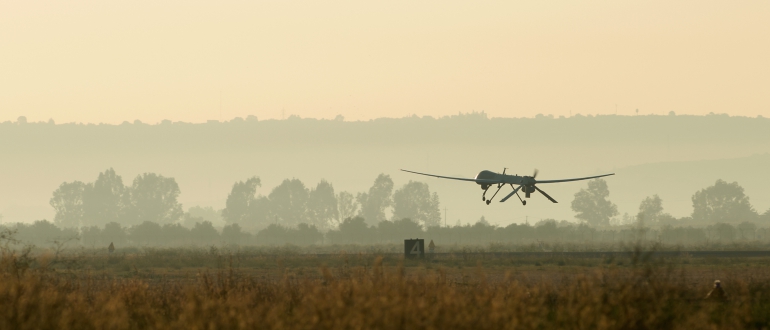
Russian diplomatic practices in multilateral security organizations
Olivier Schmitt
On February 19th, Russia vetoed a proposal for the United Nations Security Council (UNSC) to issue a press statement calling for a cessation of hostilities and humanitarian access to Idlib, in Syria, where thousands of people are caught in the ongoing conflict. This is consistent with the Russian diplomatic practices at the UNSC regarding the war in Syria since 2014, which can be summarized as ”deny” (any war crime committed by Moscow or the Syrian regime, such as the use of chemical weapons or the targeting of civilians) and ”block” (any resolution that would criticize the Syrian regime).
Similar diplomatic practices have been observed in other multilateral security organizations, for example at the Organization for Security and Cooperation in Europe (OSCE): Russian diplomats are regularly angry when they perceive their ‘indispensable’ role as being contested. This is particularly the case against former Warsaw Pact countries having joined western organisations, Russian delegates consistently using derogatory (and sometimes openly threatening) language. They also reject accusations by trying to find dubious moral equivalencies on human rights issues and express frustration towards the human rights agenda in general.
Why do Russian diplomats adopt such a confrontational approach? The answer is, in a word, status, and a burning desire ambition to be recognized as a great power. Russia’s priorities in multilateral security organizations since at least 2014 are then concentrated on status concerns, Moscow demonstrating that it is willing to undermine strategic stability (and thus its own security) in order to satisfy those ambitions. The consequence is that western countries have to face a massive dilemma when interacting with Russia. Since status satisfaction is the primary motivation for Russia’s current behaviour, the classical means used to mitigate security competition (transparency, arms control) are unlikely to influence Russian foreign policy. But accommodating the Russian concerns for great power status is equally problematic: most forms of engagement with Russia which western countries would be willing to initiate will likely fall below Moscow’s expectations to be treated as it feels it deserves. Therefore, the current tensions are likely to be a normal mode of interaction, with brief improvements being rapidly reverted as they will not be considered sufficient by Moscow to alleviate its status concerns.
Olivier’s article was published on the European Journal of International Relations and can be found here:
Schmitt Olivier, “How to challenge an international order : Russian diplomatic practices in multilateral security organizations"